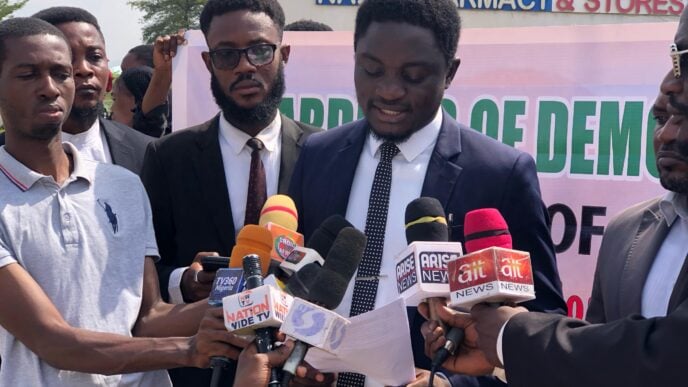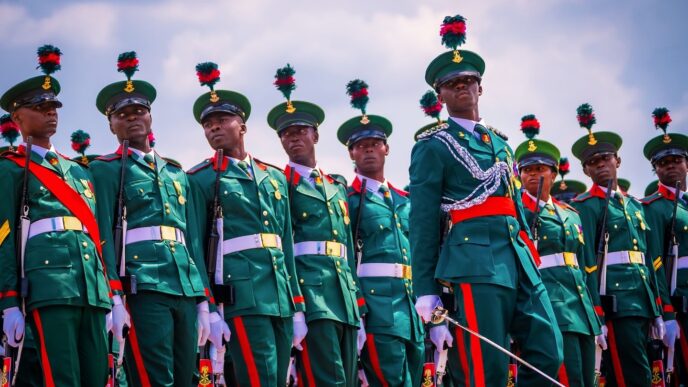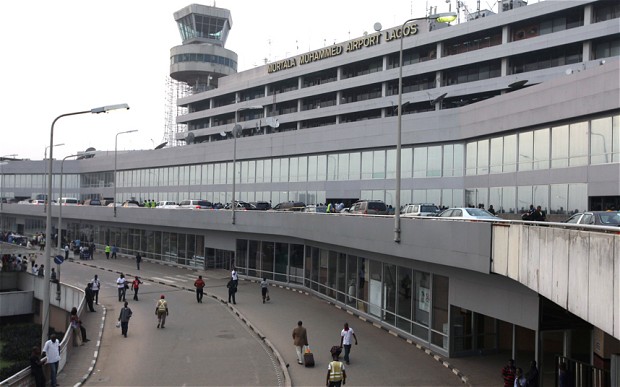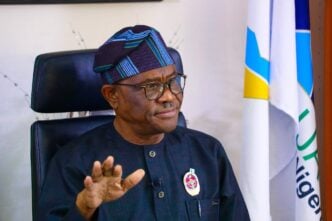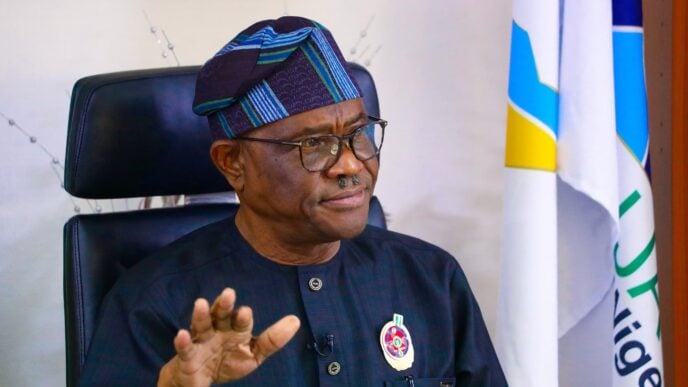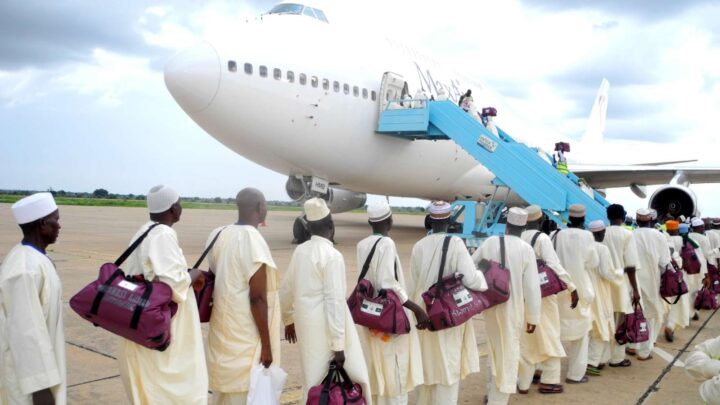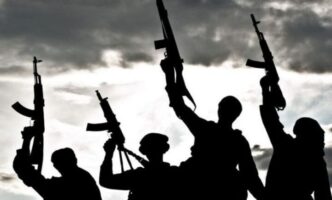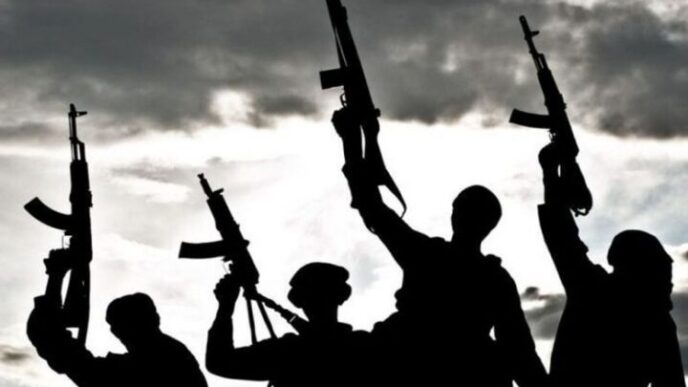Joshua Ocheja
Military historian Joshua Ocheja says policymakers must recognise ethnic tensions as a major challenge to national unity and focus on addressing them.
In an op-ed published on Thursday, Ocheja acknowledged that religious differences contribute to frequent community clashes but noted that the problem goes beyond that.
“The presence of 371 ethnic groups and three main religions (Christianity, Islam, and traditional worship) underscores the significance of numbers in conflict causation,” the scholar, with expertise in Nigerian and African military history, said.
“Notably, conflicts with intertwined ethnic and religious dimensions, while present, may not be as prevalent as often assumed.
Advertisement
“The varying dynamics of conflict across states, with areas like Kaduna, Plateau, and Taraba experiencing more frequent clashes due to high ethnic diversity, whereas states like Bayelsa and Akwa Ibom have seen fewer conflicts due to their relative homogeneity, further highlight the pivotal role of ethnicity in shaping Nigeria’s conflict landscape.”
Ocheja cited history, politics, and resources as a complex mix of factors that enable conflicts.
He urged policymakers to prioritise mediation to balance power dynamics, adding that warring factions must be willing to negotiate and compromise.
Advertisement
“This entails moving beyond token gestures to meaningful action,” he noted.
The scholar said mediations would build trust, foster a sense of belonging, and create an environment where diverse groups can coexist peacefully, ultimately paving the way for sustainable peace and development.



